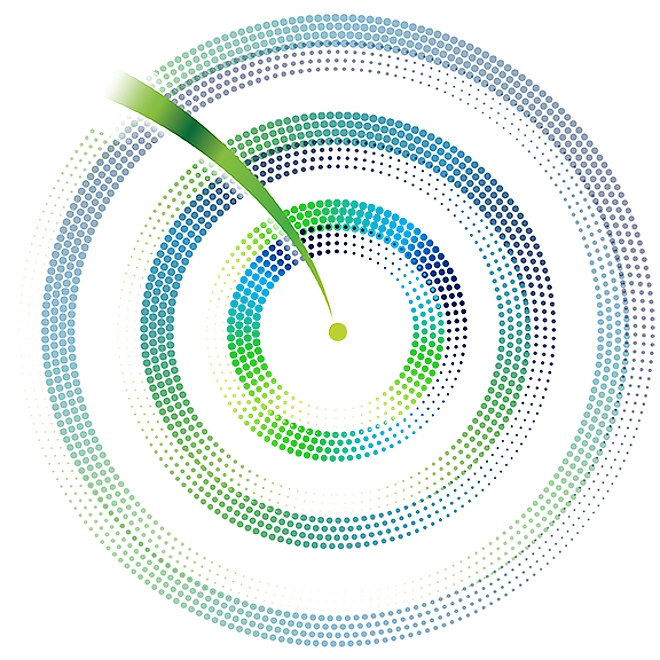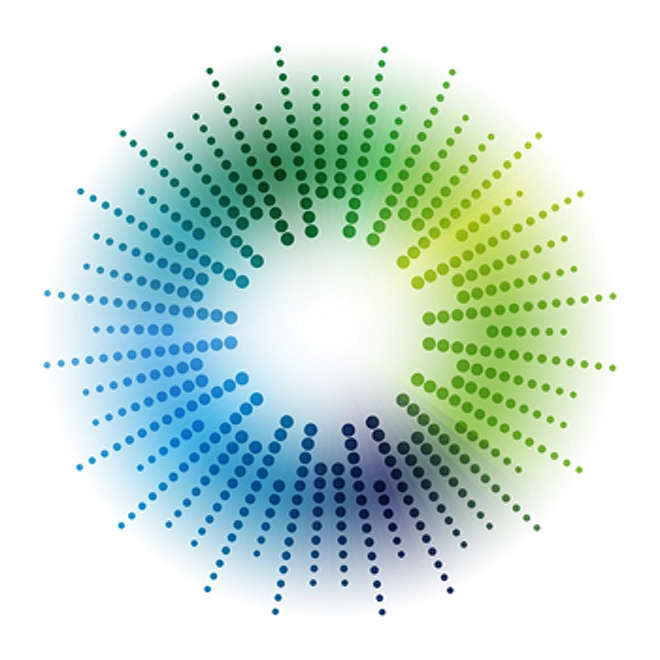DAC 6 Readiness
What is the issue at stake
At the end of 2021, the Luxembourg tax authorities (LTA) began sending letters to certain Luxembourg market players that could be considered as intermediaries under the Luxembourg DAC6 Law (dated 20 March 2020) but are protected by legal professional privilege and, therefore, exempt from the DAC6 reporting obligation.
In these letters, the LTA request the following information:
- The latest version of the written procedures, manuals and guides applied by, or on behalf of, the entity when performing its notification/reporting obligations under the DAC6 Law;
- A technical description of the IT/computer system used by, or on behalf of, the entity when performing its notification/reporting obligations under the DAC6 Law;
- A summary/description of the internal and/or external control processes in place to identify and address the risks of the entity’s non-compliance with its notification/declaration obligations under the DAC6 Law, as well as the latest reports established in this context; and
- A summary/description of other measures that the entity has put in place to ensure compliance with its notification/reporting obligations under the DAC6 Law (e.g., staff training, annual certification of account executives, etc.).
To help concerned entities with these requests from the LTA, we have developed a scoring-based solution to determine their level of compliance with the DAC6 obligations.
How to be compliant
DAC 6 impacts an entity as a whole as it concerns cross services actions and communications, to be compliant, your entity notably needs to:
- Undertake an impact assessment to establish key considerations and implications for the identification and determination of a reportable arrangement, this impact assessment will allow you to put into place an action plan allowing you to be DAC 6 compliant
- Define DAC6 defensive documentation first to ensure that you have set guidelines and escalation process allowing you to properly apprehend the topic. This needs to be done under the form of the drafting of a policy and/or procedure and to adapt your current processes accordingly
- Formalise standards of knowledge through trainings or e-learning as well as workshops of stakeholders to ensure that people know how to properly react on a timely manner (timeframe to report is very short)
- Deploy a DAC6 methodology through a dedicated technology solution to have an efficient and useful dashboarding, be able to report on “My Guichet” platform and have a strong documentation to sustain the positions taken
How Deloitte can help
Most of the market players already took actions to be compliant. But are you sure that what has been done is sufficient to be qualified DAC 6 compliant in case of tax audits? Tax audits are now live!!
In this context, Deloitte can assist you with a solution developed by Deloitte in the form of a questionnaire (DAC6 Readiness) which allows to determine, on the basis of a scoring system, the compliance of intermediaries with their DAC6 obligations. This questionnaire is completed during a workshop and allows us to identify together any shortcomings for which actions would have to be taken to remedy them.
As a reminder, here are a short summary of actions allowing you to properly apprehend DAC 6
- Holistic approach to DAC6 implementation covering project management aspects, tax technical expertise and technology solution, across all functions, all service lines (and all geographies).
- Pragmatic and practical methodology aimed at developing a corporate strategy focused on diligent and good faith compliance with DAC6 and enabling the business to effectively deliver on that strategy.
- Previous experience in the implementation of group-wide operational tax projects across multiple jurisdictions, both as in-house experts and as external consultants.
- Simple, transparent and competitive fee schedule enabling flexibility to account for new ideas and changes throughout the project. Our commitment to you is ‘no surprise fees’.
Context
- On 25 June 2018, the EU Directive 2018/822, commonly referred to as DAC6 has been published and had to be transposed in domestic laws of EU Member States. Luxembourg transposition has been done through the law dated 25 March 2020.
- DAC6 introduces an obligation on intermediaries/relevant taxpayers to disclose to the tax authorities information on cross-border arrangements that contain specific hallmarks listed in the Directive and so Luxembourg law, the aim being to capture information on potential aggressive tax planning.
- Qualified intermediaries or concerned taxpayers should take actions as they may be subject to DAC6 reporting obligations across the EU. The reporting, after a deferral of 6 months due to COVID-19 situation, began as at 1st January 2021.
- In case of non-compliance with DAC6, intermediaries and/or concerned taxpayers may be subject to penalties (up to EUR 250,000 per missing, late or wrong reporting in Luxembourg)

